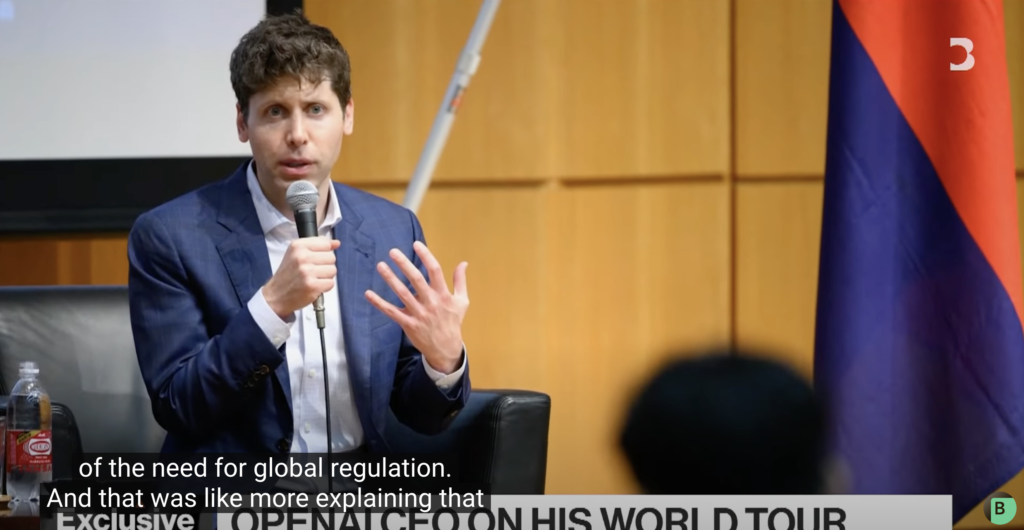
How Sam Altman Uses ChatGPT on a Daily Basis
Summarized by ChatGpt
OpenAI CEO Sam Altman reflected on his recent world tour to discuss developments in artificial intelligence. He emphasized the emotional impact of AI and the necessity for global regulation. In an interview with Emily Chang for The Circuit, Altman revealed that the tour aimed to listen, but ultimately involved more explaining than expected. He engaged with numerous world leaders, stressing the importance of regulation. Altman took extensive handwritten notes during the tour and distilled them into actionable feedback. He mentioned that face-to-face interactions yield candid feedback and highlighted the value of personal communication. Altman acknowledged using AI, particularly for translation and writing, as it enhances his speed and thinking process. He envisioned AI becoming his “super assistant” for cognitive tasks. When asked about emotional attachment to AI, he recognized that people are growing emotionally attached to language models like GPT-3. However, he personally found it strange and had reservations, while also advocating for individual choices in this matter.
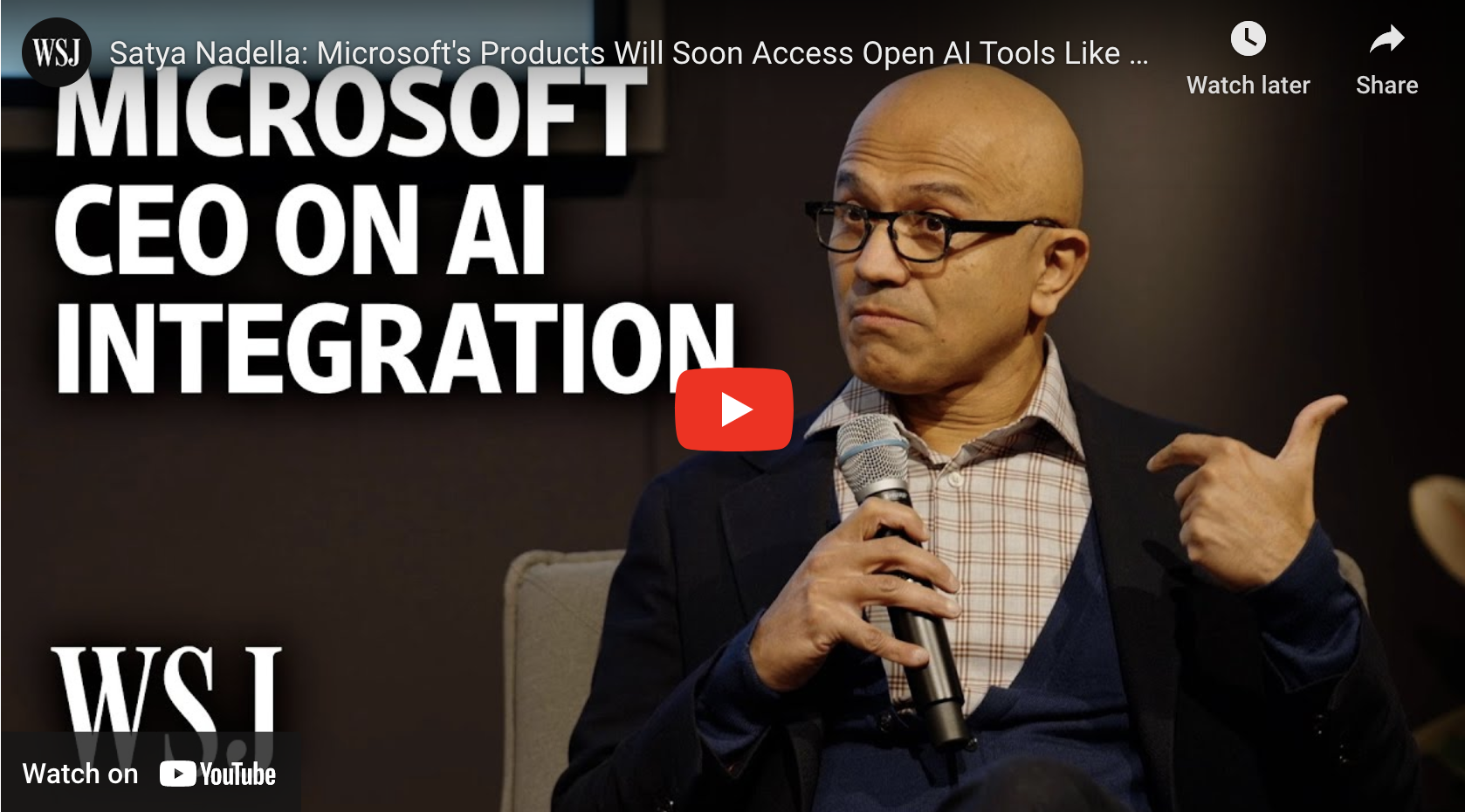

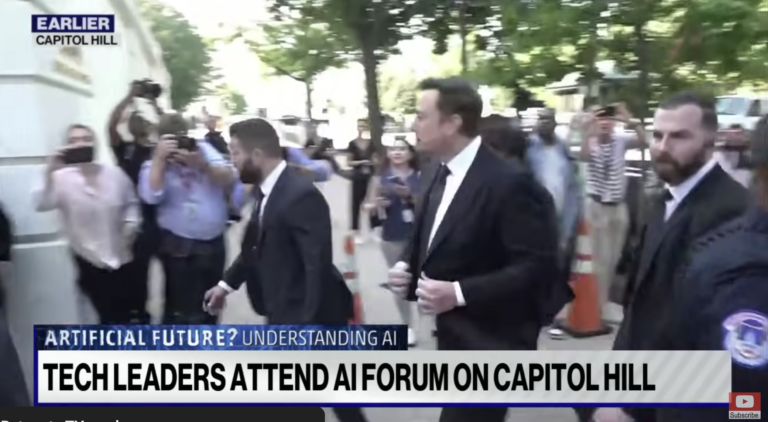
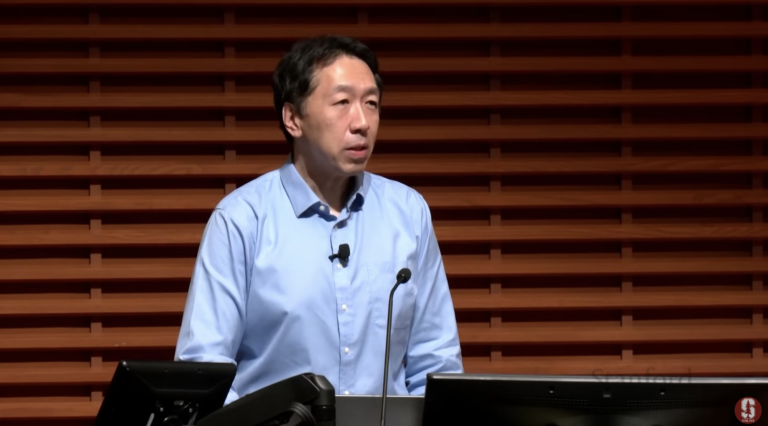
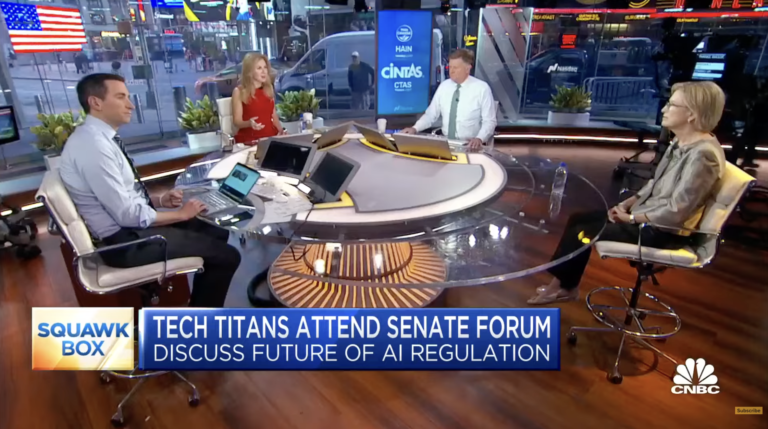
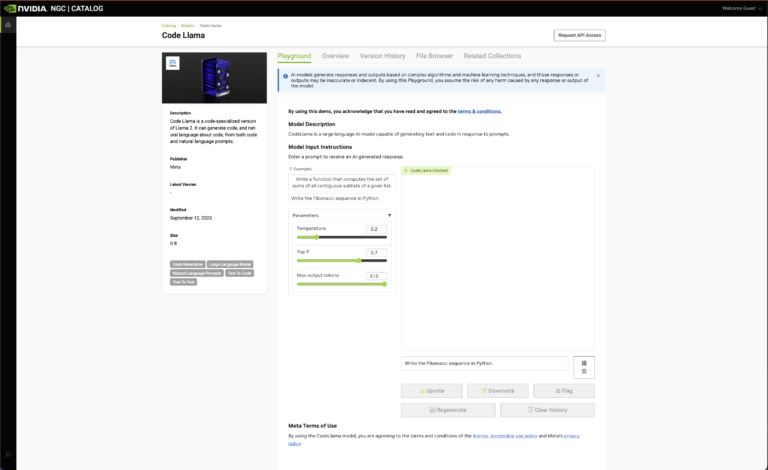
Translated by ChatGPT
OpenAI CEO 山姆·奥特曼(Sam Altman)回顾了他最近的世界巡回演讲,讨论了人工智能的最新发展。他强调了人工智能的情感影响力以及全球监管的必要性。在接受《电路》节目的主持人兼执行制片人艾米莉·张(Emily Chang)的采访中,奥特曼透露,这次巡回演讲的目标是倾听,但最终涉及的解释比预期多。他与众多世界领导人进行了广泛的交流,强调了监管的重要性。奥特曼在巡回演讲期间做了大量手写笔记,并将其概括为可操作的反馈意见。他提到面对面的互动能够获得坦率的反馈,并强调了个人交流的价值。
奥特曼承认利用人工智能,特别是用于翻译和写作,因为它可以提高他的速度和思考过程。他设想人工智能将成为他认知任务的“超级助手”。当被问及对人们对人工智能的情感依恋时,他承认人们越来越情感依恋于像GPT-3这样的语言模型。然而,他个人认为这种情况很奇怪,并有保留意见,同时也主张在这个问题上尊重个人选择。